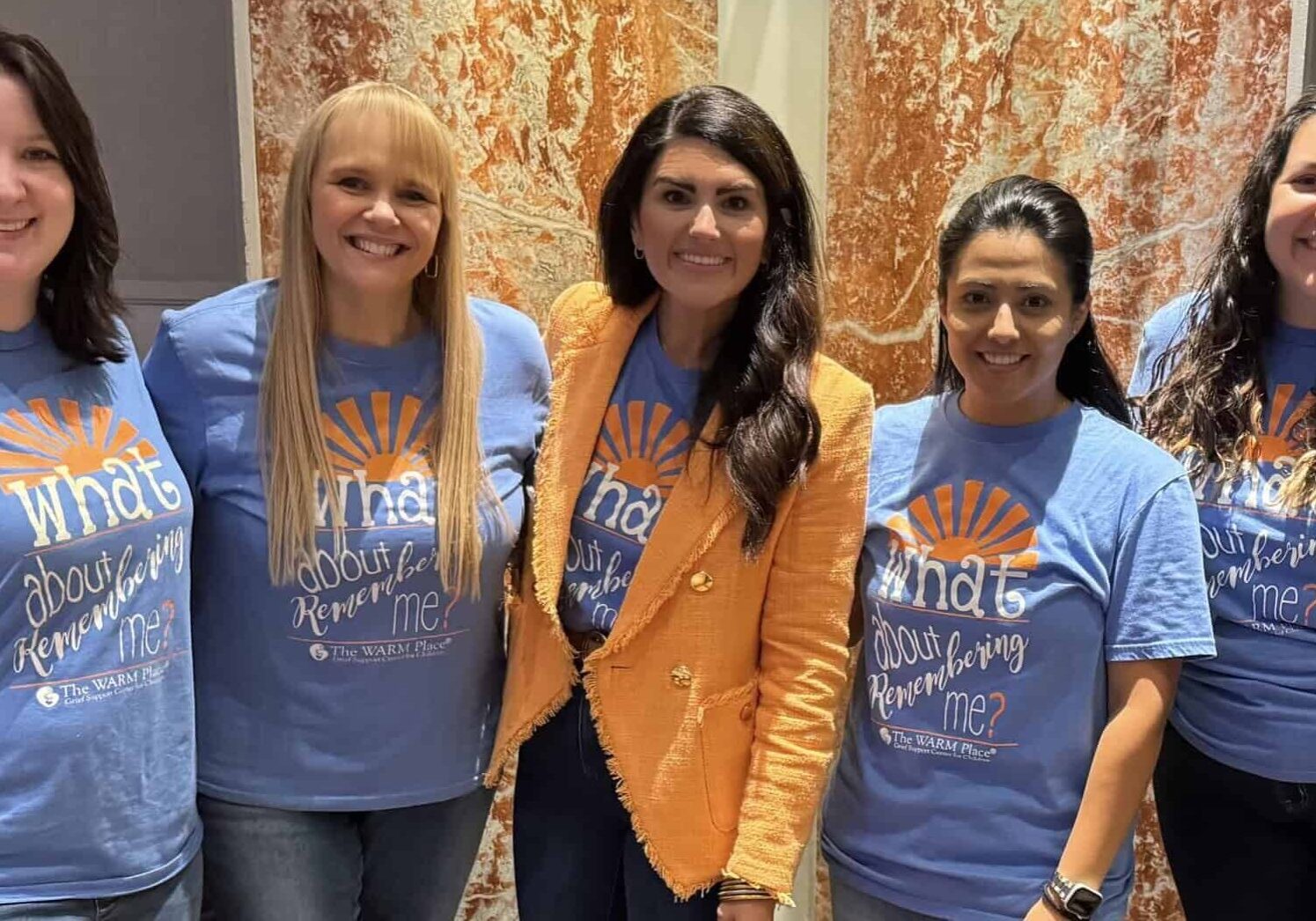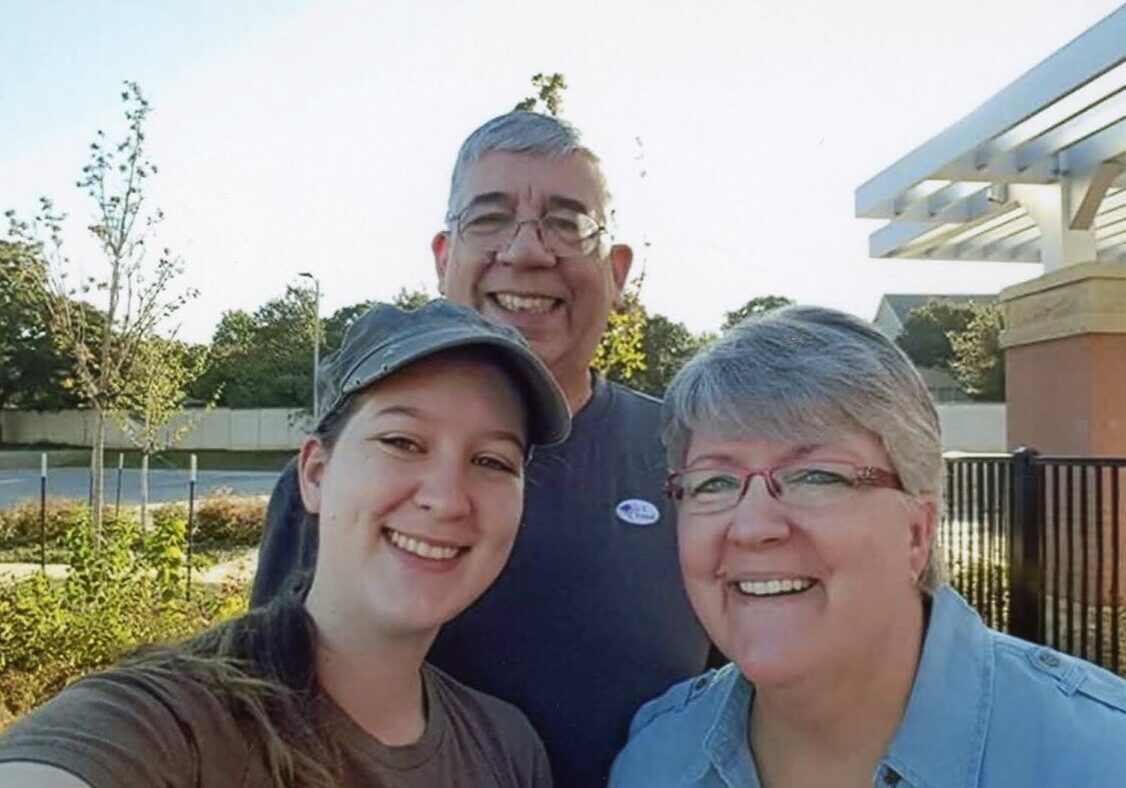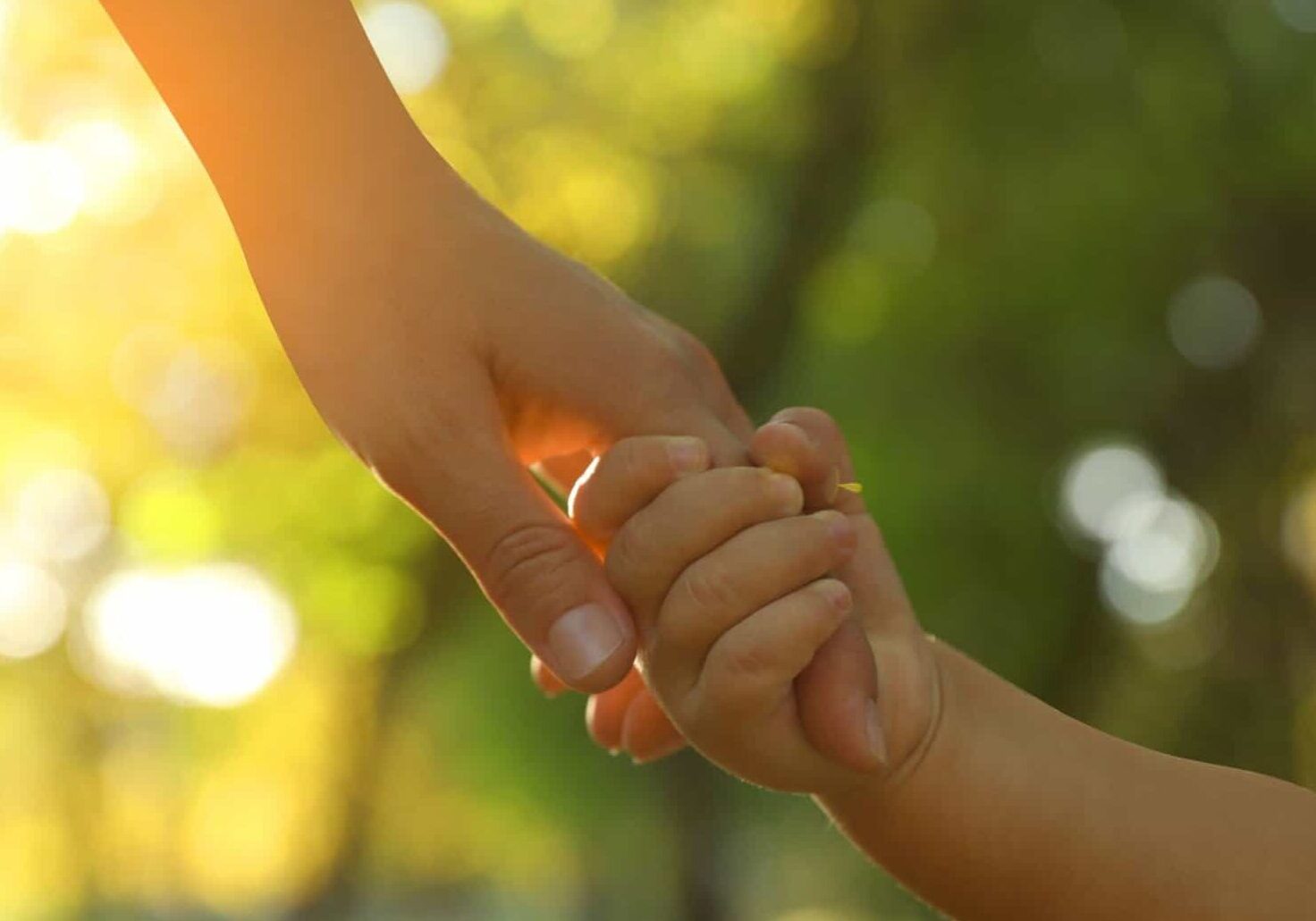
When a child experiences the death of someone they love, they will have many questions. Depending on their age level, they will have varying capacities of understanding the 5 major concepts of death. As adults, we can help them understand these concepts by talking about the following facts and questions.
-
UNIVERSALITY – All living things, including oneself, eventually will die and that no one can escape death.
Questions to discuss universality:
- Does everyone die?
- Do children and animals die too?
- Can I or the people I know avoid dying?
- Can your or I die at any time?
-
IRREVERSIBILITY – Death cannot be reversed by magic, medicine, food and water, or other means.
Questions to discuss irreversibility:
- How long do you stay dead?
- Can dead people come alive again?
- Is there anything we can do to make somebody alive again?
-
NONFUNCTIONALITY – Death ends all movement, feeling, sensation, thought, and other abilities
Questions to discuss nonfunctionality:
- Can you feel hot and cold, hear noises, and see when you are dead?
- Are dead people sleeping?
- Do dead people keep growing?
-
CAUSALITY – Why death occurs. Younger children tend to attribute death more to external causes, such as guns or accidents, while older children recognize internal causes such as old age or illness.
Questions to discuss causality:
- Why do people die?
- What caused [child’s loved one] to die?
- Can someone die because someone wished that they would die?
- Can someone stay alive because someone wished they would stay alive?
-
SPIRITUALITY – The mental and emotional capacity to seek an understanding of what happens AFTER death.
Questions to discuss spirituality:
- Where does your soul go when you die?
- Will I ever come back to life again?
- Even though my body dies, will my spirit go on to a better life?
All of these concepts are important for a child who has experienced the death of a loved one to understand. As adults, we need to be careful to be very honest and direct when discussing these questions and ideas with grieving children.
If you would like help or more information about children’s grieving process, please call The WARM Place to speak with a counselor! 817-870-2272. Someone will be there to answer your call Monday-Friday from 8am to 5pm. We would love to talk to you!


